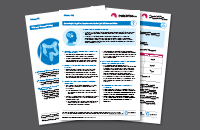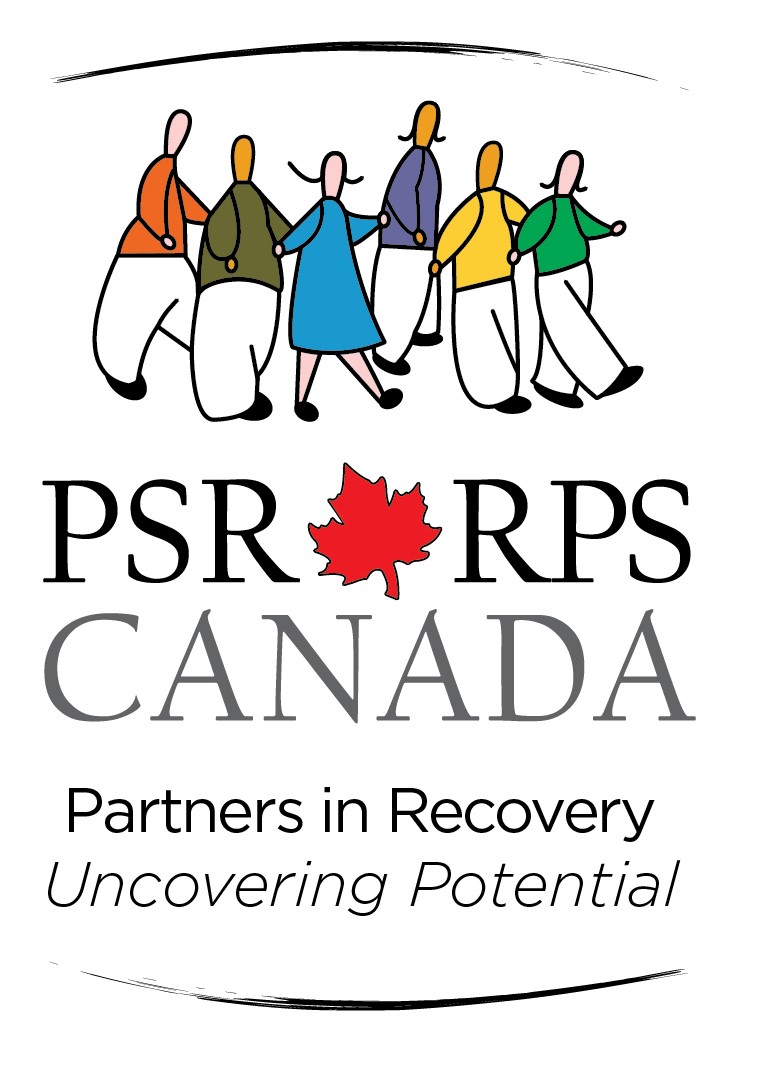 Full Guidelines
Full Guidelines
Click here to view article

 Tools
Tools


 Additional Documents
Additional Documents
Click here to see additional documents

 Endorsements
Endorsements
This Clinical Practice Guideline has been endorsed by the PSR Canada.

 Calculate by QxMD
Calculate by QxMD
This guideline and KT tool(s) are available on QxMD. Click here to download the app.
Summary of recommendations for clinicians and policy-makers
This guideline on screening for depression during pregnancy and the postpartum period applies to individuals who are pregnant or who are within 1 year of having given birth. The recommendation extends to individuals who may be at an elevated risk of depression (e.g., trauma in early life, family history of depression). This recommendation does not extend to individuals with a personal history or current diagnosis of depression or another mental health disorder, those currently receiving assessment or treatment for mental health disorders or those seeking services due to symptoms of depression.
Key Recommendation
- The Canadian Task Force on Preventive Healthcare recommends against instrument-based depression screening using a questionnaire with cut-off score to distinguish “screen positive” and “screen negative” administered to all individuals during pregnancy and the postpartum period (up to 1 year after childbirth) (conditional recommendation, very low-certainty evidence).
This recommendation assumes that, as part of usual care during pregnancy and the postpartum period, care providers will inquire about and be attentive to mental health and well-being.
Methodology and Evidence
The available evidence on screening is very uncertain, due to the lack of high-quality studies on the benefits and harms of screening. Only one randomized trial of screening postpartum individuals was identified in our review of the literature, and the evidence it provided was of very low certainty. This means that the true effects of screening are likely substantially different from the study data. No studies were identified on screening during pregnancy.
Although no evidence was found on the harms of screening in our systematic review, evidence from other sources suggest the time and focus on screening could reduce opportunities to discuss other aspects of health during a perinatal primary care encounter as providers would be evaluating and potentially referring all patients who screen positive, in many cases unnecessarily.
Rationale
- This conditional recommendation is based on the very low-certainty evidence on the effect of screening on benefit outcomes and limited evidence of harms.
- While it is very uncertain whether screening provides a benefit over usual care, it could lead to an increase in false positives, false negatives, unnecessary referrals and diagnostic evaluation, and overdiagnosis for some patients.
- A false positive can occur when the patient meets a screening cut-off score and is sent for additional psychiatric evaluation, which finds they do not actually meet the diagnostic criteria for depression.
- A recent analysis of the accuracy of the Edinburgh Postnatal Depression Scale (EPDS), the screening tool used in the one study we identified, suggests that screening 100 patients with the EPDS, where the prevalence is 8% would result in 5 true positives, 3 false negatives, 5 false positives, and 87 true negatives.
- Given the significant challenges to accessing mental health services in Canada, the unnecessary redirection of resources from the treatment of patients with mental health disorders could be an unintended harm of screening, without proven benefit.
- The Task Force is mindful of the resource constraints faced by our primary health care system and as such makes recommendations against interventions when the resource implication of a particular health intervention are certain to be important and benefits have not been demonstrated.
Additional Documents
ECRI Evaluation Scores
ECRI Guidelines Trust scores guidelines based on their adherence to the National Academy of Medicine Standards for Trustworthy Guidelines. Find the ECRI evaluation scores for this guideline here.




